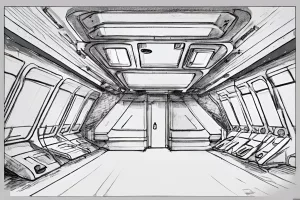Cape Town is launching an initiative to transition individuals living in illegal settlements into Safe Spaces, with over 150 people voluntarily relocating in the initial week of August. The remaining illegal dwellers will be evacuated after August 12th, and their personal possessions will be cataloged and held at a city facility. The Safe Spaces offer medical attention, substance misuse therapy, EPWP work, family reunification services, and personal advancement programs to help individuals permanently move away from the streets. The city of Cape Town is committed to allocating R220 million over three years to expand and manage its Safe Space transitional shelters.
The Western Cape High Court has approved the eviction of illegal settlements in Cape Town’s CBD, including Buitengracht Street and Foregate Square. The City plans to invest over R220 million to expand and manage its Safe Space transitional shelters beyond the existing 770 beds across the CBD, Bellville, and Durbanville facilities as part of its continuous battle against homelessness. Safe Spaces provide transitional accommodation and social support initiatives to help individuals transition off the streets.
In Cape Town, the eviction of the homeless from areas like Culemborg is met with a multifaceted approach aimed at rehabilitation and reintegration. The Safe Spaces program provides shelter and access to services like mental health, substance abuse treatment, and employment opportunities. The city’s commitment to addressing homelessness is reflected in its expansion of transitional shelters, increased bed capacity at Haven Night Shelter, and investment in NGO grants. The approach is a compassionate response to homelessness, offering a path to dignity and selfreliance.
The City of Cape Town has announced its plans to construct a new overnight shelter for homeless individuals in Green Point to house 300 people by the end of this year. The “Safe Space” project received full support from the Green Point Ratepayers and Residents Association (GPRRA).




